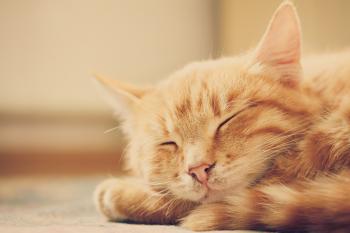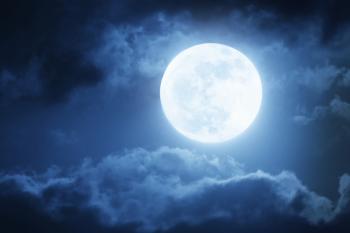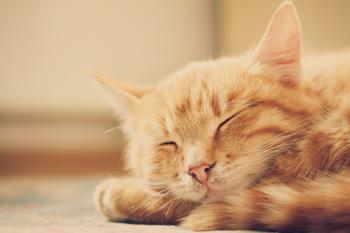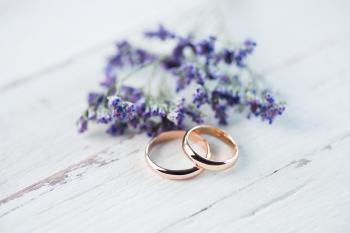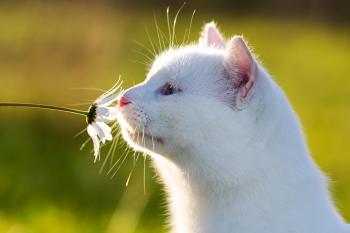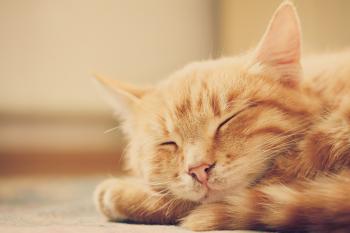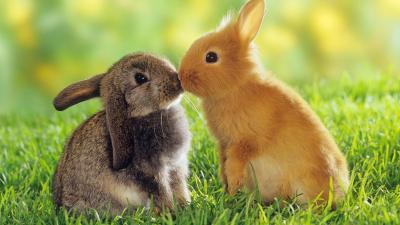Users Who Spiked
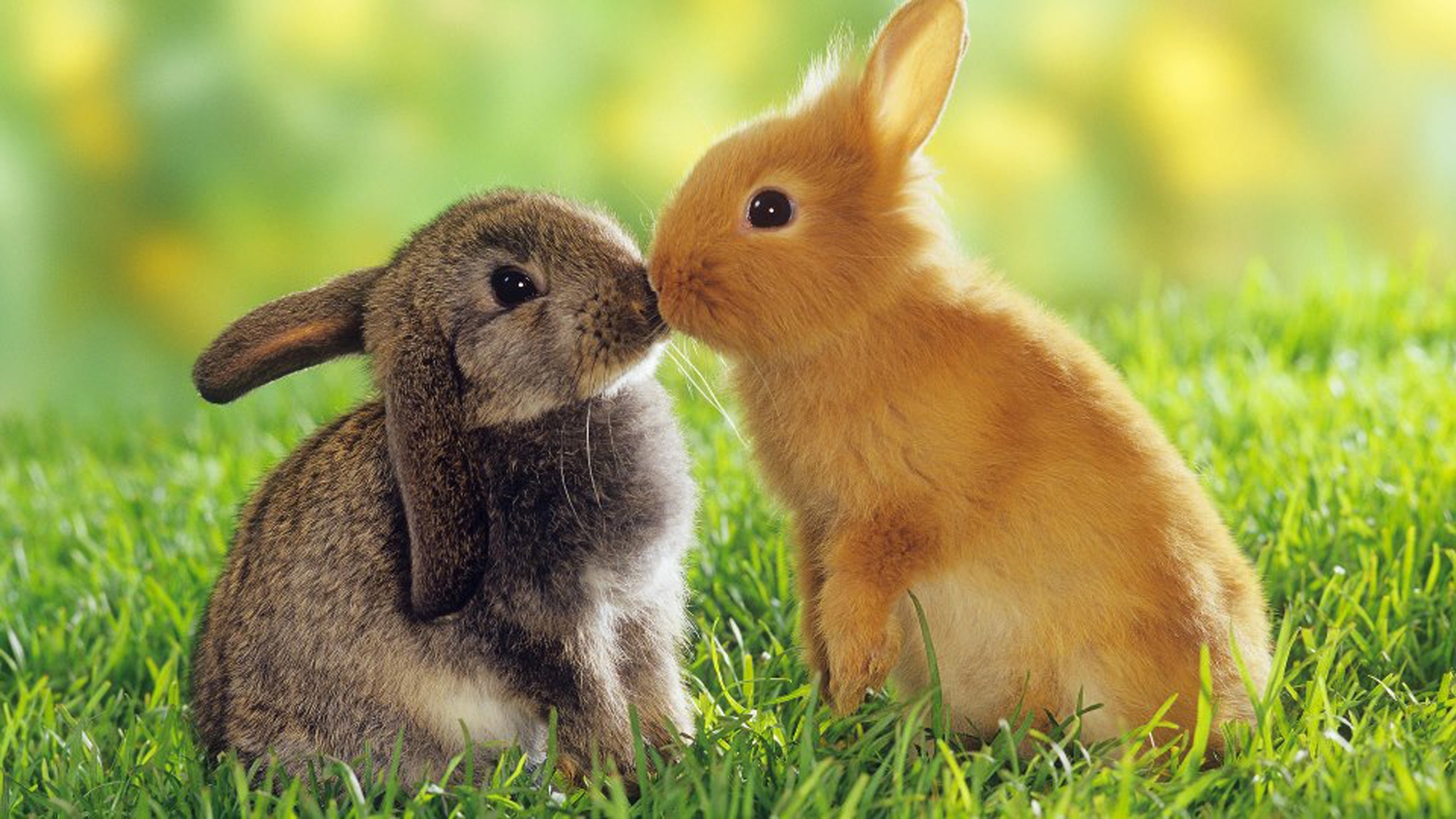
THE ULTIMATE GUIDE TO YOUR RABBITS HEALTH, EMOTIONAL, AND SOCIAL WELL-BEING
Private Notes
Private Notes
Notes
So far this month I have been talking about why you should adopt a shelter rabbit and the supplies you will need for your rabbit. This week I'm going to talk about your rabbit's health, emotions, and well-being.
Healthy Rabbit, Happy Rabbit
A healthy rabbit is a happy rabbit. Here are some things you need to look for to make sure your furry friend is in tip-top shape.
Healthy Weight-Your rabbit should not be overweight or underweight. If your veterinarian says there is a problem, start making changes as soon as possible.
Alertness-Your bunny should have an alert expression. Our rabbit, Abbey, always comes to see me when I feed her in the morning. She gets up on her hind legs, sticks her head out of her cage, and lets me pet her head.
Normal Droppings-Your rabbits droppings should be formed and solid. Not hard as a rock but not soft either.
Nose-The nose should be clean and dry. If your rabbit is sneezing or has discharge talk to your vet, since rabbits wash their faces and noses with their paws, check your bunnies feet for crust or wetness.
Ears-The ears should be relatively clear and have very little wax in them. Keep an eye out for ear mites which shows up in the ears as a dark, crusty material.
Eyes-The eyes should be bright and shiny, and the eye tissue should be pink. If you notice the eye tissue to be red, the eye could have an infection. Pale tissue could be a sign of illness.
Chin- Rabbits have a scent gland under their chin, which can sometimes cause a waxy buildup; this is especially true if your rabbit drinks from a bowl. If this happens, you can easily wipe it off using warm water or trimming the fur.
Teeth-A rabbits upper teeth should align with the lower teeth and have a slight overbite. If the top teeth are longer and are growing over the top teeth, the teeth are maloccluded, which means the teeth aren't coming together normally. You will need to consult your veterinarian for this.
Mouth-Look for sores or painful areas in the mouth, this could be a sign of an abscess.
Feet-Keep an eye out for foot sores in the hocks or heels, especially open ones that will need to be seen by a vet.
Nails-Make sure to keep your rabbit's nails trimmed.
Scent Glands-Rabbits have scent glands on either side of their genitals. These glands can be impacted by a dark, waxy like substance. You can use warm water and a q-tip to wipe it away. This is normal, but an overabundance of buildup can lead to infection. If you smell a musky scent coming from your bunnies butt, it's time to clean those glands. Take note of anything odd like feces that is caked on in the fur or urine burn which can be a sign of illness.
Fur and Skin-A soft, shiny coat is a good indicator of health, but you will want to run your hands through your rabbit's fur and take note of any of the following things; skin irritations, loss of hair, fleas, fur mites, lumps, bumps, or scabs.
Neutering/Spaying-Although this doesn't exactly fit into the health category; it's essential to have your rabbit spayed or neutered. If you adopt from a shelter, they will have this done for you before you take your rabbit home.
Emotions, Emotions
Believe it or not, bunnies experience the same kind of emotions we do. Here are some clues as to how your rabbit is feeling at any given moment.
Love-Rabbit show love to each other by grooming each other, lying close to one another, and following each other around and they show us love in the same way. When we had our old rabbit, Boots, I would walk around the coffee table in our living room, and he would follow me.
Contentment-When Abbey flings herself to the ground and rolls on her side or almost her back and then comes back down and lays still, I know she is a satisfied rabbit. Some bunnies exude perkiness or curiosity when content and also may lightly grind their teeth while being petted.
Joi de Vevre-If, your rabbit, is racing around your house, jumping on furniture or jumping in the air, twisting and putting its feet out (also known as "binkying"), you have a happy bunny.
Anger-Anger is characterized by biting, growling, or lunging at something with the forefeet.
Fear-Signs of fear include wide-open eyes, ears flat against the body, fast breathing, and a racing heart.
Irritability-Moving away from us, turning their back on us, or moving away with a flick of their feet shows us that our rabbit is irritated.
Bossiness (Rabbitude)-A bossy bunny shows their demands by nipping, digging at their owner's feet, or giving its companion "the look."
Jealousy-This is usually caused by a new addition to the family. Rabbits that are jealous will put themselves between you and the new member. They will also nudge you harshly with their nose. A rabbit may even chase or mount a new pet to assert its dominance in the house.
Insecurity-If, a rabbit, is insecure; it shows signs of stress when you take away its belongings. (Food dish, water bottle, litter box, etc.)
Grief-A grieving rabbit will exhibit symptoms of depression, hideaway, won't eat and act out of character. This indicates grief and loneliness.
Social Well-Being
A vital thing to keep in mind before adopting a rabbit is that they are very social animals. They need constant attention, and they also need to be able to roam free outside their cages. Our rabbit Abbey is in the living room where she gets lots of care, socialization, and can enjoy the sunshine streaming in from our glass porch door. You need to consider where you are going to keep your rabbit carefully. If you are planning on keeping it in a basement, spare room, or even a child's bedroom, then a rabbit may not be the right pet for you.
Here are some tips for your rabbits social well being.
1. As stated above, put your rabbit in an area where there is socialization rather than off in a room somewhere.
2. Talk to and play with your rabbit daily.
3. Consider adopting two bunnies together. Because they are social animals, rabbits do best while living in pairs.
By keeping these tips in mind and keeping an eye on your rabbit, can keep an eye on their health, emotions, and social well being. If something is amiss, you will be able to get it corrected, and your rabbit can go on to live a beautiful life with you.


















